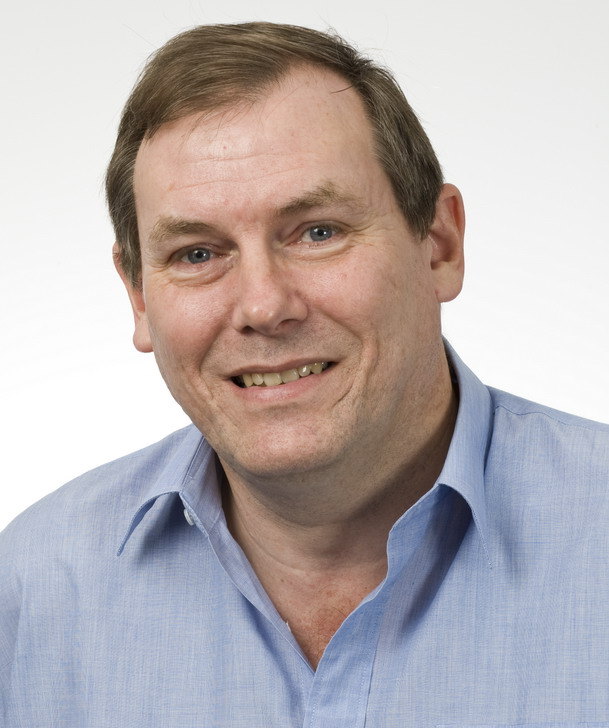 |
In this keynote I will describe our biometrics and surveillance research work on a huge surveillance project currently running with face recognition appliance nodes in Australia, UK, and Brazil. This fully operational system runs securely over the internet with edge processing to massively reduce bandwidth requirements and improve privacy. There is no need for a dedicated fibre network to connect all the high speed cameras - indeed wireless and mobile connectivity is a viable option. We have developed advanced low-resolution video face recognition technologies which work effectively and affordably in this unique architecture. The talk will describe this developing transcontinental surveillance system and how it is designed to be fully scalable to both national and international operation. A single cloud-based incident management backbone is accessible to all users from anywhere in the world. Along the way we will discuss the basics of robust CCTV -based video face recognition and the huge technical challenges of simultaneous pose, expression, illumination, obscuration, and motion blur compensation. We will also discuss recent work on robust face detection, land marking, and tracking to enable our systems to work on a crowd of people walking quickly past the cameras. The systems also perform cross-camera matching to measure queue lengths and estimates the gender and age of customers for retail applications. There will be live demonstrations of our systems in real-time operation including both mobile and wearable face recognition apps.
Bio: Brian C. Lovell was born in Brisbane, Australia in 1960. He received the BE in electrical engineering in 1982, the BSc in computer science in 1983, and the PhD in signal processing in 1991: all from the University of Queensland (UQ). Professor Lovell is Director of the Advanced Surveillance Group in the School of ITEE, UQ. He was President of the International Association for Pattern Recognition (IAPR) [2008-2010], and is Fellow of the IAPR, Senior Member of the IEEE, and voting member for Australia on the Governing Board of the IAPR. He is General Chair of the International Conference on Biometrics on the Gold Coast, Australia in 2018. He was Program Co-Chair of the International Conference of Pattern Recognition (ICPR2016) in Cancún Mexico, and was General Co-Chair of the IEEE International Conference on Image Processing in Melbourne, 2013 and Program Co-Chair of ICPR2008 in Tampa, Florida. His interests include non-cooperative Face Recognition, robust face detection, Biometrics, and Pattern Recognition. His work in biometrics and surveillance has won numerous international awards including the prestigious Best CCTV System at IFSEC2011, Birmingham, for Face in the Crowd recognition. He also won the government sponsored Asia Pacific ICT Trophy for Best R&D in the Asia Pacific region in Phuket, Thailand in 2011.
|

 2nd Workshop on Geometry and Machine Learning
2nd Workshop on Geometry and Machine Learning


